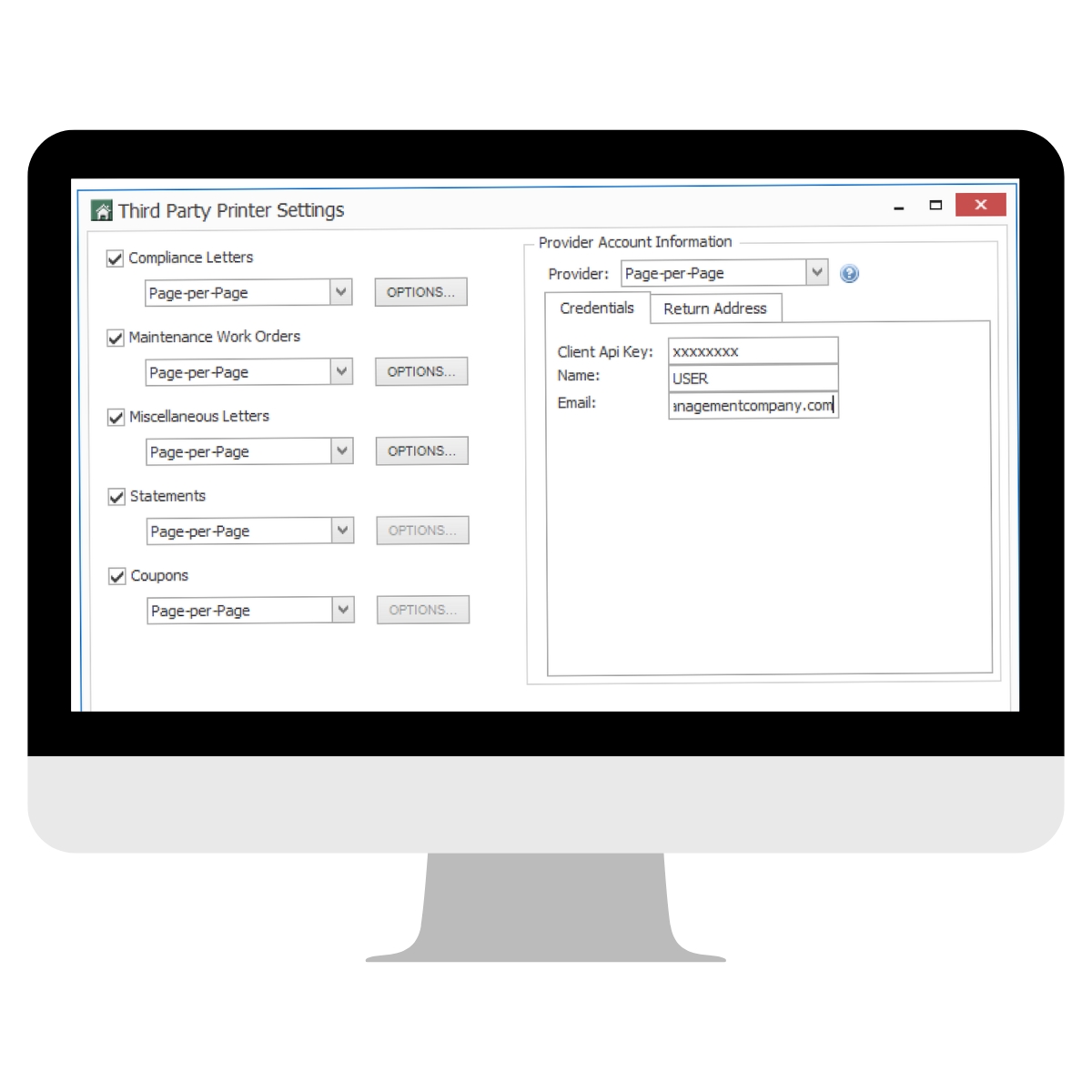The PCAM is an elite accolade awarded by the Community Association Institute (CAI). As the nation’s highest recognized qualification for community managers, it immediately gives credibility to recipients. If you’re in the industry for the long haul, working towards this certification is well worth your time.
With that said, preparing for the PCAM/CAI can be challenging as there are many steps that ultimately lead to a rigorous case study. Here, we help guide you through the process.
Fulfill the Prerequisites
The first step to earning your PCAM is to complete all the prerequisites. There are three primary conditions:
- Experience: You must have at least 5 years of first-hand experience within community association management.
- Courses: Candidates will have to complete the CAI’s M-200 level courses. There are 6 levels that will educate participants about various aspects of community association management. Additionally, the PMDP course must be completed within 5 years prior to undertaking the PCAM.
- The CMCA exam: Lastly, applicants must pass CAMICB’s Certified Manager of Community Associations (CMCA) exam, a 2.5 hour, 120-question multiple-choice test that measures your knowledge of the most critical elements of the industry.
Complete Application and Pay Fee
After fulfilling the prerequisites, you must apply to be considered an official candidate. This means scoring at least 125 points on the application, which includes earning the following:
- 55 points or more in CAI and industry-related education and service
- Up to 20 points for professional designations or licenses
- And up to 30 points for formal education
Once the application and criteria are complete, a nonrefundable application fee must be sent to the CAI: $195 for Individual Manager Members or $420 for non-members. Applicants will then have one year from the date they first applied to register and complete the Case Study.
The Final Step
The Case Study is a comprehensive exam that must be passed in order to earn the PCAM. It begins with a tour and discussion surrounding a sample community. Candidates are then tasked with submitting a report answering 10 questions from the facilitator. You can expect the final submission to be anywhere from 50-200 pages.
Preparing for the Community Tour
This community tour is your opportunity to gather all the information you’ll use to complete the final report. Once you leave the tour, you are not allowed to contact the community, the CAI, or the facilitators. That’s why preparation is essential.
- Download resources – Before getting the tour, download and print all of the documentation about the community given to you by the CAI. This work is individual, meaning you won’t be able to lean on anyone else for support so it’s important to have all the resources you need at the beginning.
- Wear comfortable shoes – Expect to walk around a lot. Wear comfortable shoes and clothes, as you could be going up and down stairs or around an entire neighborhood. Also, take the weather into consideration.
- Be prepared to take video/pictures – Throughout the process, you might be speaking to landscape contractors and building engineers, so be sure to properly document by taking photos or videos to add into your presentation. A recording device can also come in handy to ensure you haven’t missed any important details.
- Observe your surroundings – Over the course of two days, with your laptop or notebook in hand, you will be conducting interviews with board members, staff members, course professionals, auditors, attorneys, and others, and expected to properly document the entire process. Focus on words and body language, but also key into what the residents passing by are doing.
CAI Case Study Tips
When you leave the community tour, you’ll have 30 days to compile, write, edit, review, and submit the questions back to CAI. With that said, it’s important to tackle as many questions as possible while it’s still fresh in your mind.
Consider these tips:
Take Time Off
In order to complete your submission by the deadline, take time off right after the tour. Let your boss and colleagues know that you will be relatively unavailable for a specific period of time so that you can focus on the case study. Set deadlines for completing each question and ensure you account for editing and proofreading.
Be Analytical
The reviewers are looking for someone to tell them something beyond the facts. The best reports will not only explain the current operation of the community but create a strategy for the future, showing the reviewers exactly how the information they learned over the two days can help them as potential managers progress the community association.
Educate the Reader
The top submissions are those that educate the reader. Although reviewers may come into it looking for certain responses, above all else, it’s important to communicate your opinions well.
If you’re stating an opinion that the reviewer doesn’t agree with but it’s backed by good logic, you’ll likely see points. Be sure to persuade the reader by expressing your own experiences, abilities, and industry knowledge.
Write Professionally
The expectation is graduate-level work. Look out for grammar and spelling mistakes and reread each response tediously as you go. Leave time to proofread the document in its entirety multiple times to ensure your answers are comprehensive, cohesive, and consistent.
Bottom Line
Remember, you’ll be given everything you need to earn your PCAM. By properly preparing for the case study you’ll be set up for success. Think of this process as the first step to becoming the best community manager out there. Best of luck!





